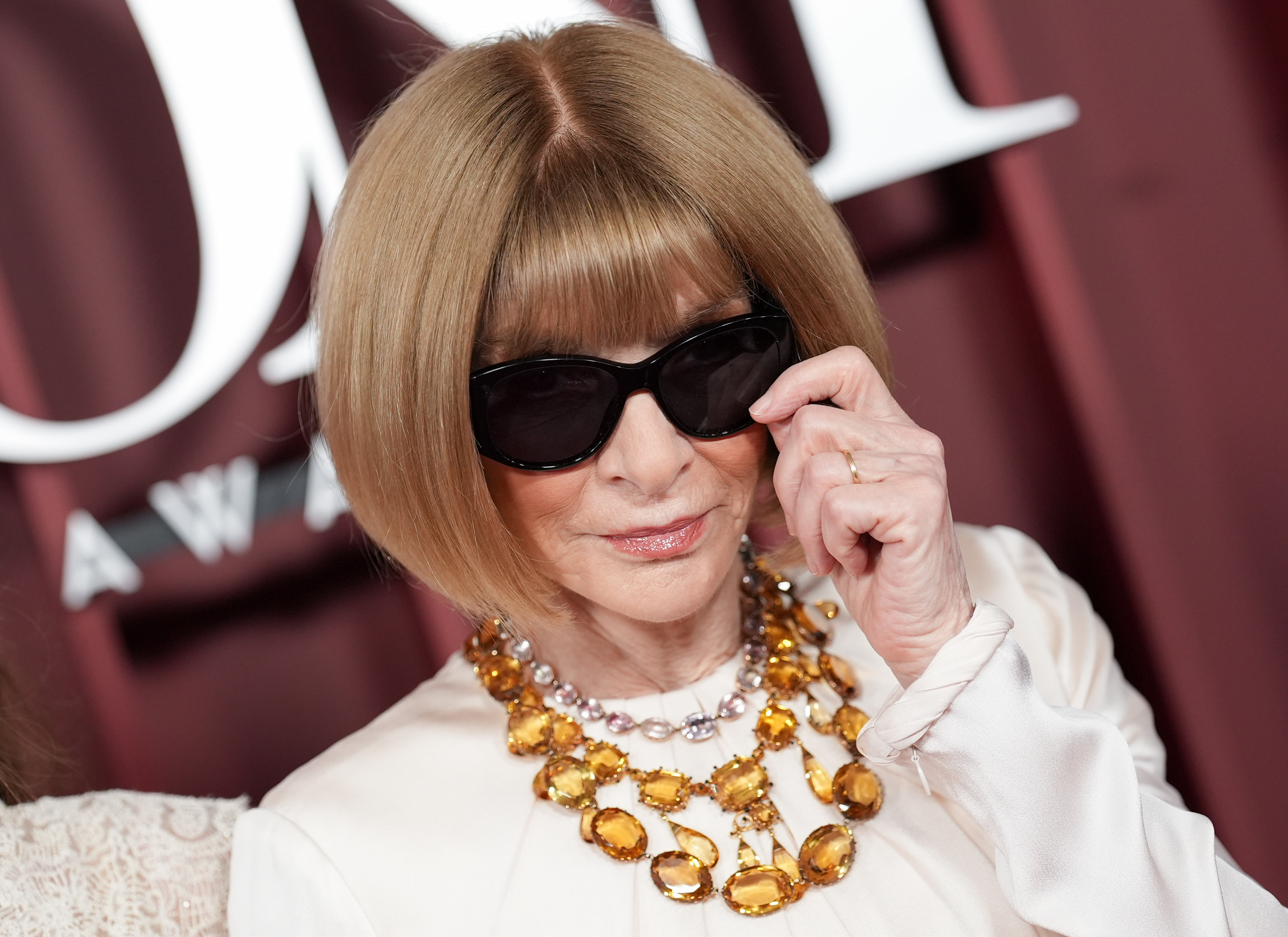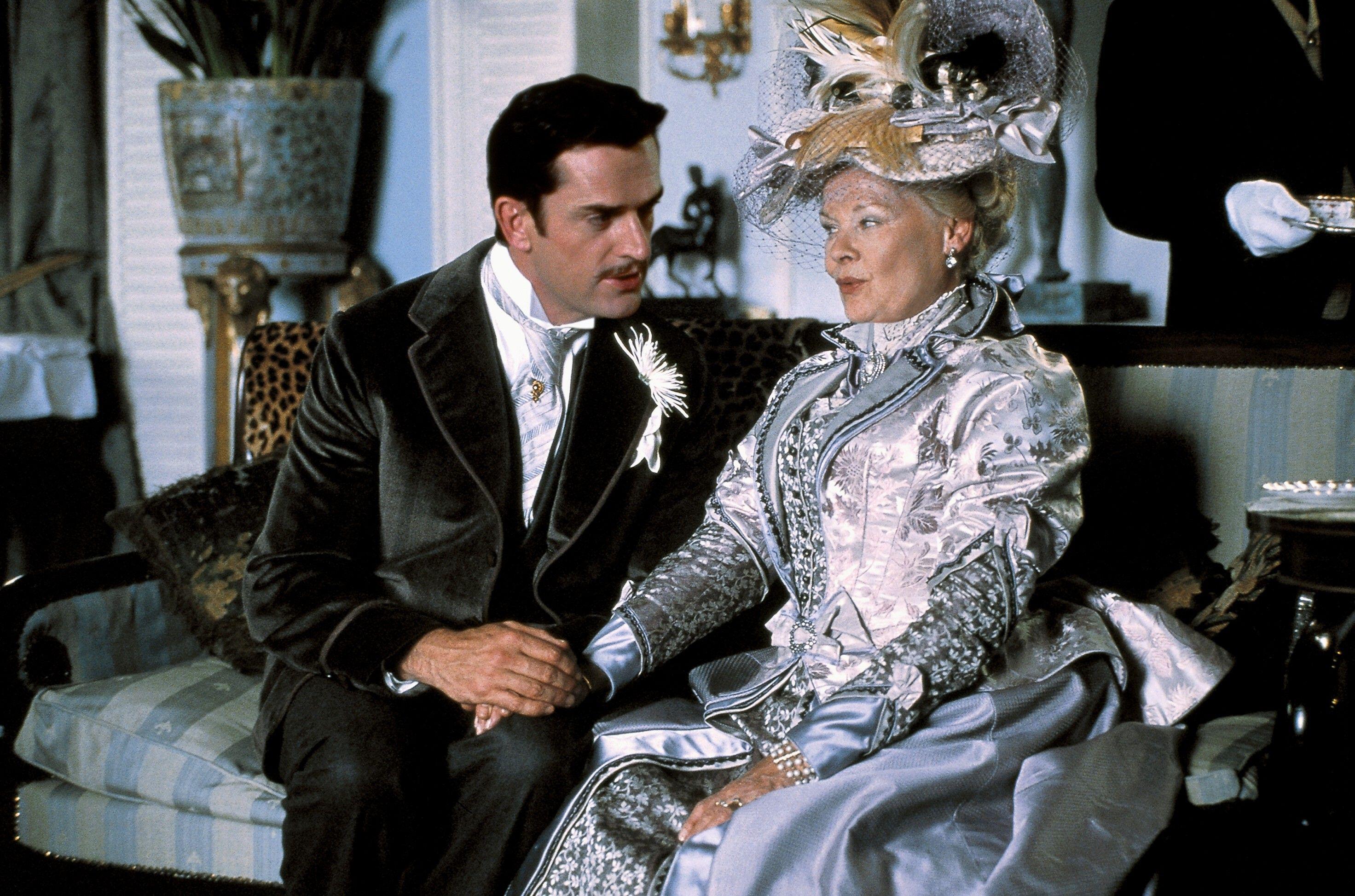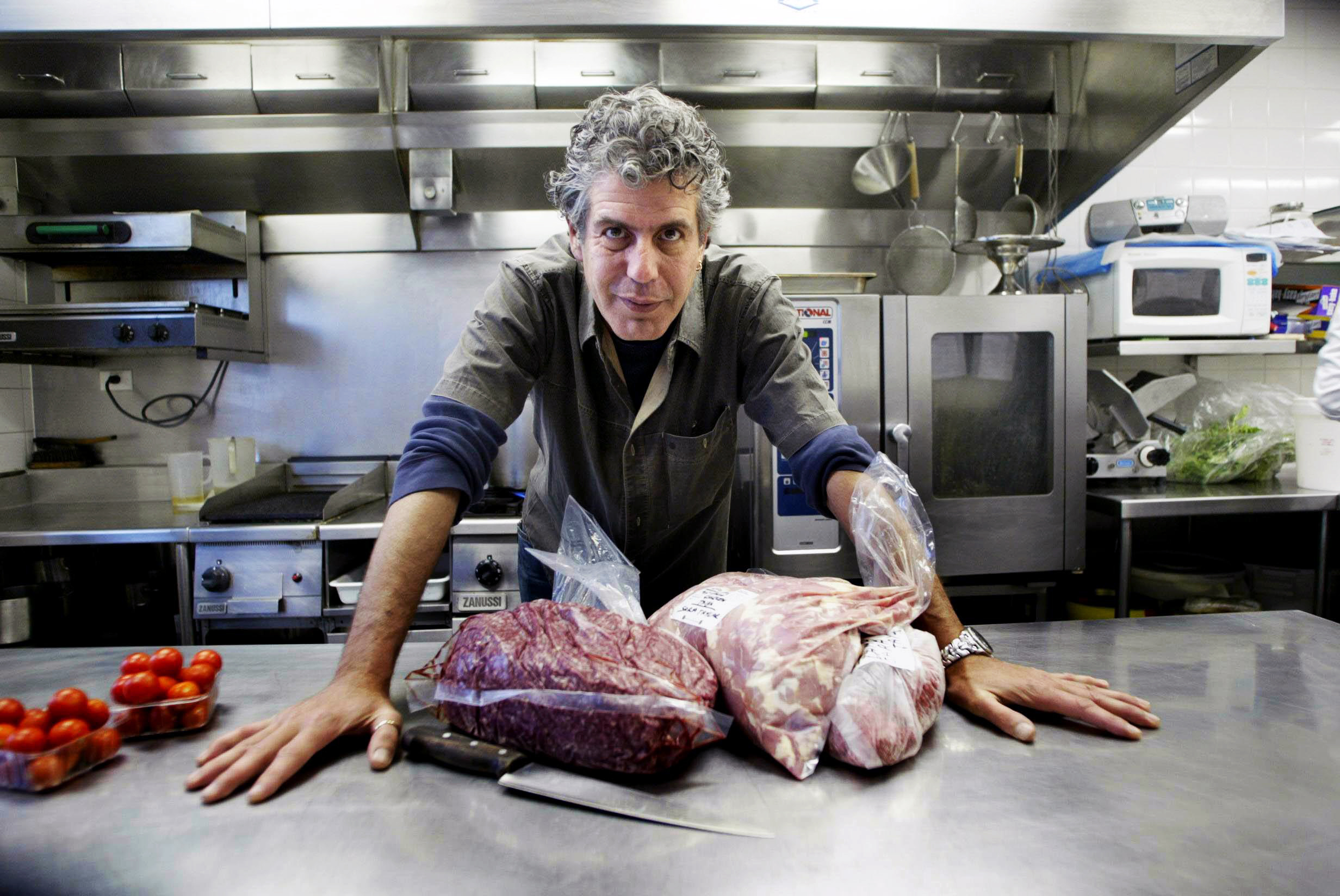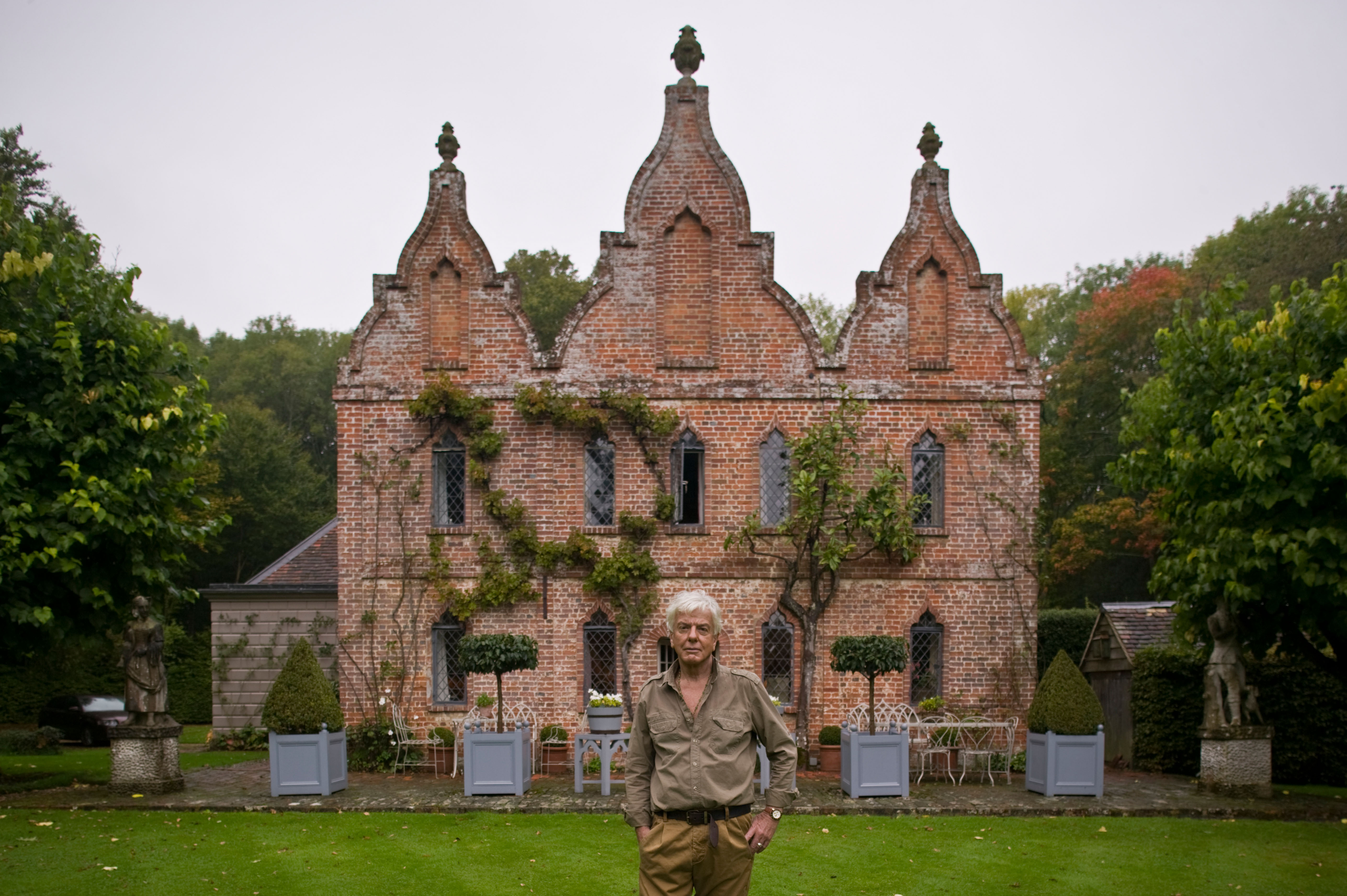Why society needs snobs to tell us that 'actually, we've got this terribly wrong'
Necessary arbiters of taste or entitled has-beens? Will Hosie discusses the implications of society turning against its snobs.


Exquisite houses, the beauty of Nature, and how to get the most from your life, straight to your inbox.
You are now subscribed
Your newsletter sign-up was successful
The Oxford English Dictionary (OED) defines a snob as a person who ‘despises’ those they consider to be ‘inferior in rank’. Which, to me, sounds a little off mark. ‘Rank’ is such a loaded word; ‘despises’, such a strong one. Besides, I can’t remember the last time I heard anyone being called a snob for behaving haughtily towards another person. Rude, sure. Insensitive, maybe. But a snob? Never. This is because the word snob is imbued with a sense of hierarchy; the suggestion that there is a person, or group of people above you who knows best. We’d be loath to acknowledge the existence of such a hegemony. So, we don’t.
'Without the common man, the snob has no purpose'
Some believe that the snob’s role is to enforce the rules in such a way that it looks like they’re handing people below them the keys to success, while actually keeping everyone in their place. Teaching others how to correctly pronounce ‘the rain in Spain’ while ensuring that they don’t pronounce it quite perfectly enough. In other words, snobs make it out that they are helping the masses, but really, it is the masses who help them. Without the common man, the snob has no purpose.
But what happens when society turns against its snobs, as we have done? What happens when social progress begins to affect all forms of elitism — of excellence? It is, certainly, a good thing that we’re no longer snooty about other people’s accents; the word ‘dessert’; even water bottles. But is it a good thing that we are no longer snooty about art? About food? About taste? More than an existential question for the snobs themselves, it presents a conundrum for society. For who will keep us on the straight and narrow if we don’t have a designated authority to do so? Our politicians? Come on, now.
As put more succinctly by pop culture commentator @paIIahabdul on X: ‘Can we finally admit that being a snob has a place in society and anti snobbery is the reason so much stuff is ass now.’ Without snobs, we get bad outcomes, like Rupi Kaur or ludicrously capacious bags.
The reasons we’ve turned against our snobs are multifold, but it largely boils down to this. Why should one person be recognised as more of an authority on, say, music or manners, than another — when said other has not been afforded the same opportunities to learn about music or manners and is therefore at a disadvantage? At the heart of it is a nature versus nurture argument: is taste something you are born with or something you acquire? If you believe the latter, then snobbery is merely a perpetuation of privilege. If you believe the former, however, then snobbery is almost a rebalancing act: a triumph of talent over birth.

'They [long engagements] give people the opportunity of finding out each other’s character before marriage, which I think is never advisable,' says Lady Bracknell, memorably played by Dame Judi Dench, in Oscar Wilde's The Importance of Being Earnest — one of literature's greatest snobs.
The truth, of course, is somewhere in between. Some people are simply born with a good eye: my friend George Morgan, a preternaturally talented home and furniture designer, had produced a book of garden designs by the age of five, having received zero artistic training; he went on to win an art scholarship to Stowe School. Derek Guy, the fashion writer whose X account has won millions of fans for providing uncommonly well-informed yet digestible advice on how to dress, is also an autodidact. ‘I admired people who dressed really well,’ he once said of growing up in Southern California, ‘and felt like I was somewhat cognizant of how people use clothes to project an identity or create a persona’. For many, however, taste is something acquired through lifelong learning. Martin Amis and Bret Easton Ellis were not born with an innate ability to write London Fields and Less Than Zero. There’s a reason we so often refer to them as ‘the great stylists’.
'The point is that the line between the snob and the expert is blurry: but society needs both'
Snobbery is often mistaken for pretentiousness; and indeed, pretentiousness is often just a poorly articulated form of snobbery. Expertise, meanwhile, is often misconstrued as snobbery, which is how you end up with people saying stuff along the lines of: ‘Stop telling us what to think just because you have a PhD’ — a popular view nowadays, which is how America has ended up with Robert F Kennedy Jr (medical qualifications: zero) in charge of public health.
Exquisite houses, the beauty of Nature, and how to get the most from your life, straight to your inbox.
The point is that the line between the snob and the expert is blurry: but society needs both. Not the kind of snob we saw in the OED definition, but rather, the kind of snob that has the nous and wit to coax the culture in the right direction. Every society needs an arbiter of taste: and although snobs are often lampooned for propping up the establishment, they often do an invaluable job of discerning the good from the bad at every echelon of culture, from home interiors to holiday destinations via RuPaul’s Drag Race.
A good snob, no matter what the subcategory (art, wine, music), is also someone who doesn’t fall prey to old ideas of high versus low. Something popular with the masses does not make it automatically less worthy than something more niche; and by that same token, a lot of overtly high content (arthouse films, experimental music, haute cuisine) can be frightful.

'I don’t want to sound like a snob,' said Anthony Bourdain in a 2018 interview, 'I am a snob, but I don’t want to sound like one.'
Perhaps this is why some of history’s most convincing and beloved snobs are those from humbler beginnings than their stuffier counterparts. (Virginia Woolf once referred to James Joyce as ‘underbred’ in a searing critique of his novel, Ulysses.) The snobbery of chef and author Anthony Bourdain, for example, or that of gonzo journalist Hunter S. Thompson is all the more effective because they do not turn their noses up at the common man. They are the common man.
Now, storytime. I once went on a date with a terrible snob. I mean terrible in every sense of the word, in that he was both a dreadful snob and an artless one. This was around the time of the papal conclave, and I asked if he had seen the Edward Berger film that was, at the time, the most viewed item across all streaming platforms. ‘I don’t watch those sorts of films,’ he answered. ‘What, Catholic films?’ ‘Hollywood films.’ Here was a man so painfully and performatively snobby that he was consciously ignoring an entire segment of culture — tricky when said man is the arts editor of a respected magazine. More concerningly, I found this to be an utterly joyless way to live. Imagine never having seen Succession. Or Mamma Mia.
This whole experience reminded me of another definition for a snob: ‘A person who has little or no breeding or good taste; a vulgar or ostentatious person’ (OED, 1831). Snobbery has always been a slippery concept: a designation that applies to both the guardians of civility and their vulgar imitators like Jane Austen’s Mrs Bennett. A social climber who apes a snob in the hope that their social rank and manners will rub off on them is also a snob. This does not make the task of rebranding snobbery any easier. And yet I still believe that snobbery deserves some good PR. Already, it feels like the tide is turning — that people are beginning to recognise the virtues of criticism, whether constructive or gratuitous. And that maybe, just maybe, we should listen to the experts a bit more. If for no reason other than the fact that their takedowns can be gloriously entertaining.

Nicky Haslam: 'I think what I have is straightforwardness, unabashedness rather than charm.' On his now famous tea towel he has decried 'coloured bath towels', 'going to the gym', and James Bond.
Every era has had its great snobs, from Oscar Wilde to Martha Stewart. The great snob of our age is, of course, the designer Nicky Haslam, who each Christmas publishes a tea towel listing the things he finds most common. The art gallery Saatchi Yates is currently selling a tea towel titled ‘art things Nicky Haslam finds common’, a deliciously satirical edit which includes Frieze, the Sistine Chapel, and people who claim that ‘Art is subjective’ — a sentence often deployed to wave away aesthetic disagreements or invalidate a perfectly reasonable critique of a painting.
Another Nicky, Nicky Campbell, has become the internet’s most redoubtable fashion snob, a modern Joan Rivers whose monosyllabic eviscerations of red carpet outfits are delivered in a hilarious, monotone drawl (‘no’; ‘help’; ‘trainwreck’); and William Hanson, the author and etiquette coach, has introduced an entire generation to the virtues of snobbery by translating Debrett’s handbook into bitesize videos for the internet: how to correctly place peas onto the tines of your fork, for instance (it’s not just more elegant, but also practical), or how to correctly pronounce the word ‘finance’ (it’s fi-nance, not fi-nance).
What Hanson and Campbell have both understood is that all good snobs are discrete. They do not raise their voice; their comments are sharp but sparing; they are quick and witty, because they can be. At dinner parties, they are always the first to think of a punchline.
'With such an overabundance of content, and an algorithm that rewards prejudice and reinforces bias, it’s never been more vital to have reliable sounding boards willing to tell us that, actually, we’ve got this terribly wrong'
The importance of a fearsome tastemaker in the era of online slop is greater still. With such an overabundance of content, and an algorithm that rewards prejudice and reinforces bias, it’s never been more vital to have reliable sounding boards willing to tell us that, actually, we’ve got this terribly wrong. Back to the drawing board! Of course, the flipside of the internet is that people who aren’t tastemakers fancy themselves tastemakers — which, again, only confirms the role of the snob in telling the frauds apart.
The hope is, too, that being more open to friendly snobbery creates a less afraid society: one where it’s okay to point out that this clutch does not go with this shoe; that Adrien Brody’s art is, truly, appalling; and where it’s absolutely, resolutely okay to be snobby about destination stag dos, mock Tudor buildings, or children in art galleries.
So, dear reader, please cut the snobs some slack.
Will Hosie is Country Life's Lifestyle Editor and a contributor to A Rabbit's Foot and Semaine. He also edits the Substack @gauchemagazine. He not so secretly thinks Stanely Tucci should've won an Oscar for his role in The Devil Wears Prada.
